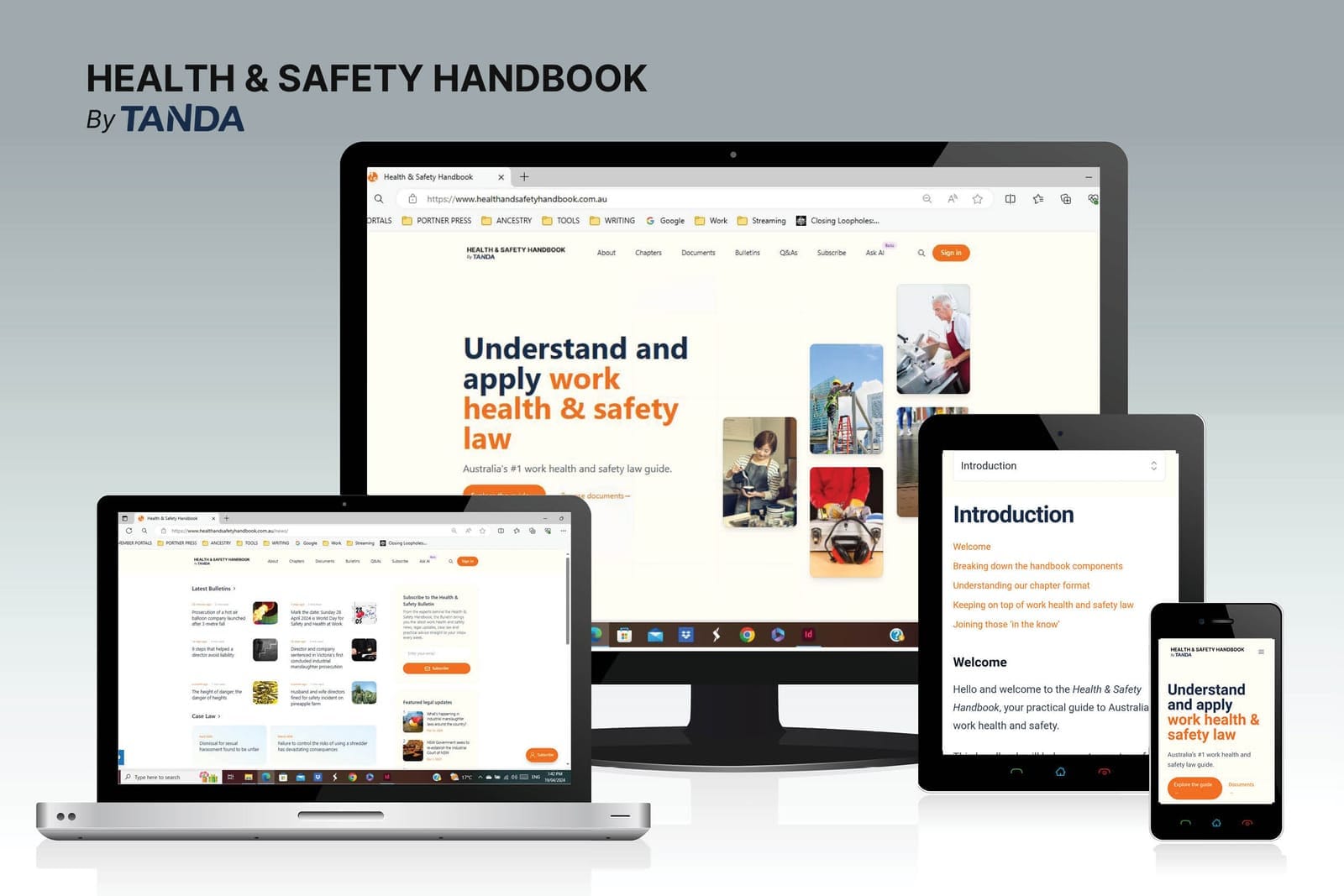The FWC won’t order workers to cross the picket line at the Cross River Rail project
The Fair Work Act 2009 (Cth) (FW Act) provides for protected industrial action as part of the bargaining process for a proposed enterprise agreement. The bounds of protected industrial action are tested when a worksite is staffed by a mix of contractors, labour hire employees and direct employees. In these circumstances, the different groups of workers are often covered by distinct enterprise agreements, meaning that some workers may be involved in protected industrial action while others are not.
Queensland’s largest infrastructure project, the Cross River Rail project, is currently playing host to picket lines manned by employees of the main contractor. These picket lines have allegedly triggered a hike in absenteeism among the employees of contractors who are not part of the enterprise bargaining process.
In an attempt to bring staff back on site, the principal contractor filed an application seeking an order from the Fair Work Commission (FWC) to stop alleged unprotected industrial action by these workers.
The FWC refused the application on grounds that included the following:
- The applicant had failed to identify workers who were allegedly engaged in unprotected industrial action. This meant they could not be served with the application and could not therefore be heard on the application. This made it difficult for the FWC to conclude the reason for the workers’ absence was unprotected industrial action.
- There was evidence of a health and safety risk posed to workers crossing picket lines at the Cross River Rail project.
This decision clarifies the importance of ensuring that ‘stop industrial action’ applications are grounded in accurate and sufficient evidence. Employers should also consider the individual circumstances of workers and whether they have a valid reason for their absence.

Get the latest employment law news, legal updates, case law and practical advice from our experts sent straight to your inbox every week.

